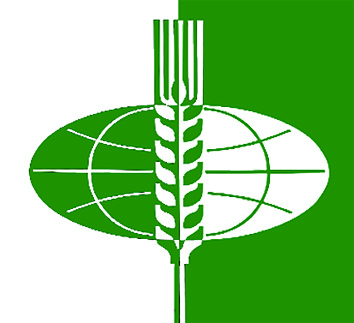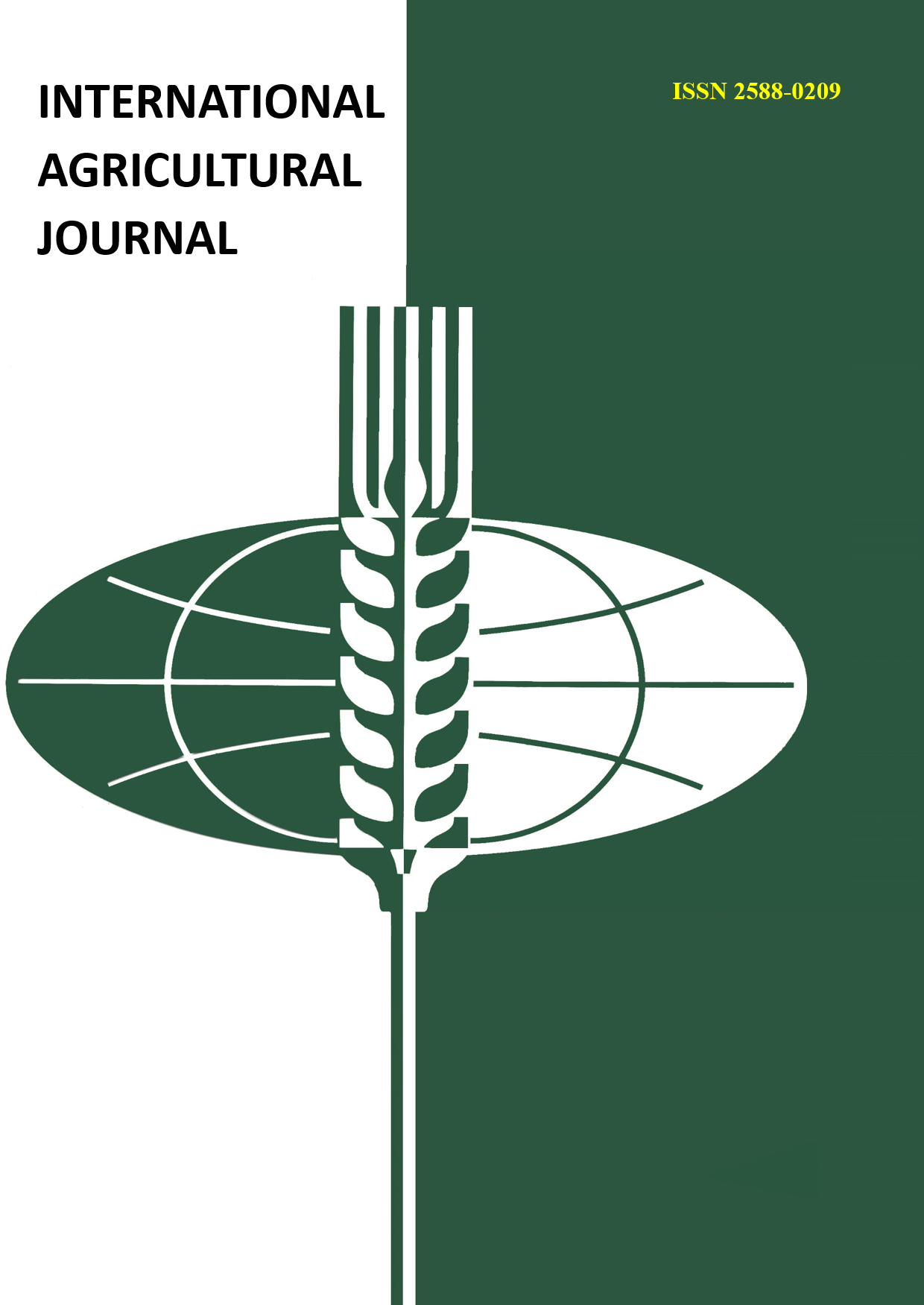Developed powers of the world have long ago solved the food problem in terms of providing their population with food in the required quantities, and some of them act on the world market as exporters of agricultural products. Nevertheless, the agricultural sector in these countries undergoes a constant innovation process. Recently, a "digital revolution" has taken place in the agro-industrial complex of these countries. New technologies related to the Internet, drones, and artificial intelligence are regularly introduced in the industry. They contribute to increasing the efficiency of agricultural production, as well as the processes of promoting agricultural raw materials and food both in domestic and foreign markets. This strengthens their position in international trade, including in relations with developing countries in Africa. After gaining independence, governments of many African states were preoccupied for several decades with the issues of solving the issues of food security, poverty, high unemployment and slow economic growth. Many experts believe that one of the promising areas for reducing their severity is the accelerated transformation of the agricultural sector of African countries, which should be accompanied with the introduction of the latest achievements in the field of digital technologies. The present paper describes how information and advisory solutions work, and discusses the benefits that small farmers receive from digital services. Based on the study, the authors draw certain conclusions about the reasons for the insufficient use and slow implementation of digital technologies in the agricultural sector of African countries.
Afrika, razvivayuschiesya strany, prodovol'stvennaya problema, sel'skoe hozyaystvo, cifrovye tehnologii, transformaciya agrarnoy sfery, melkie fermery














